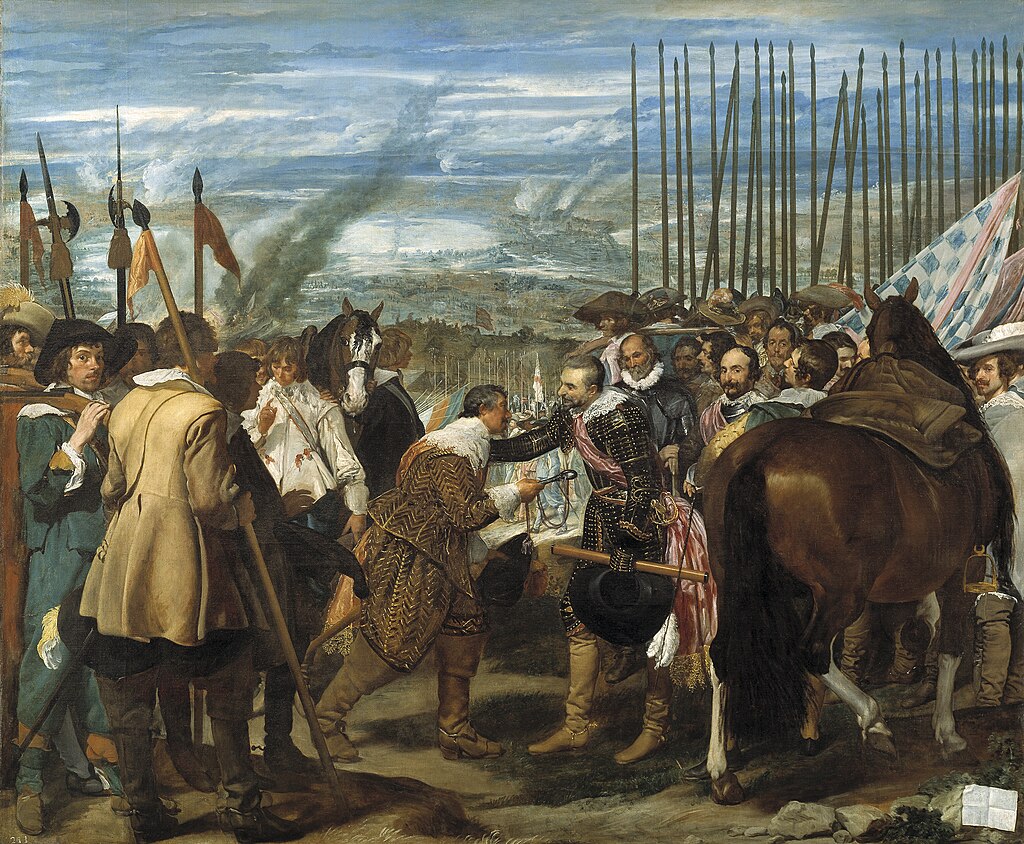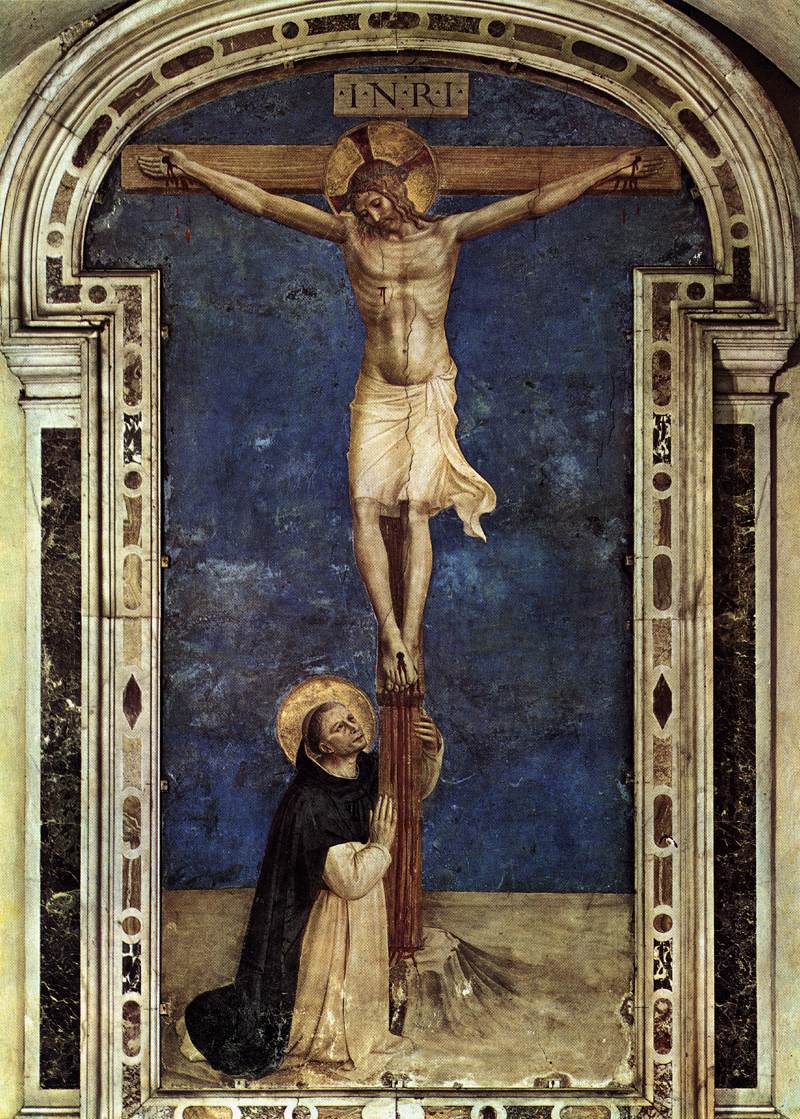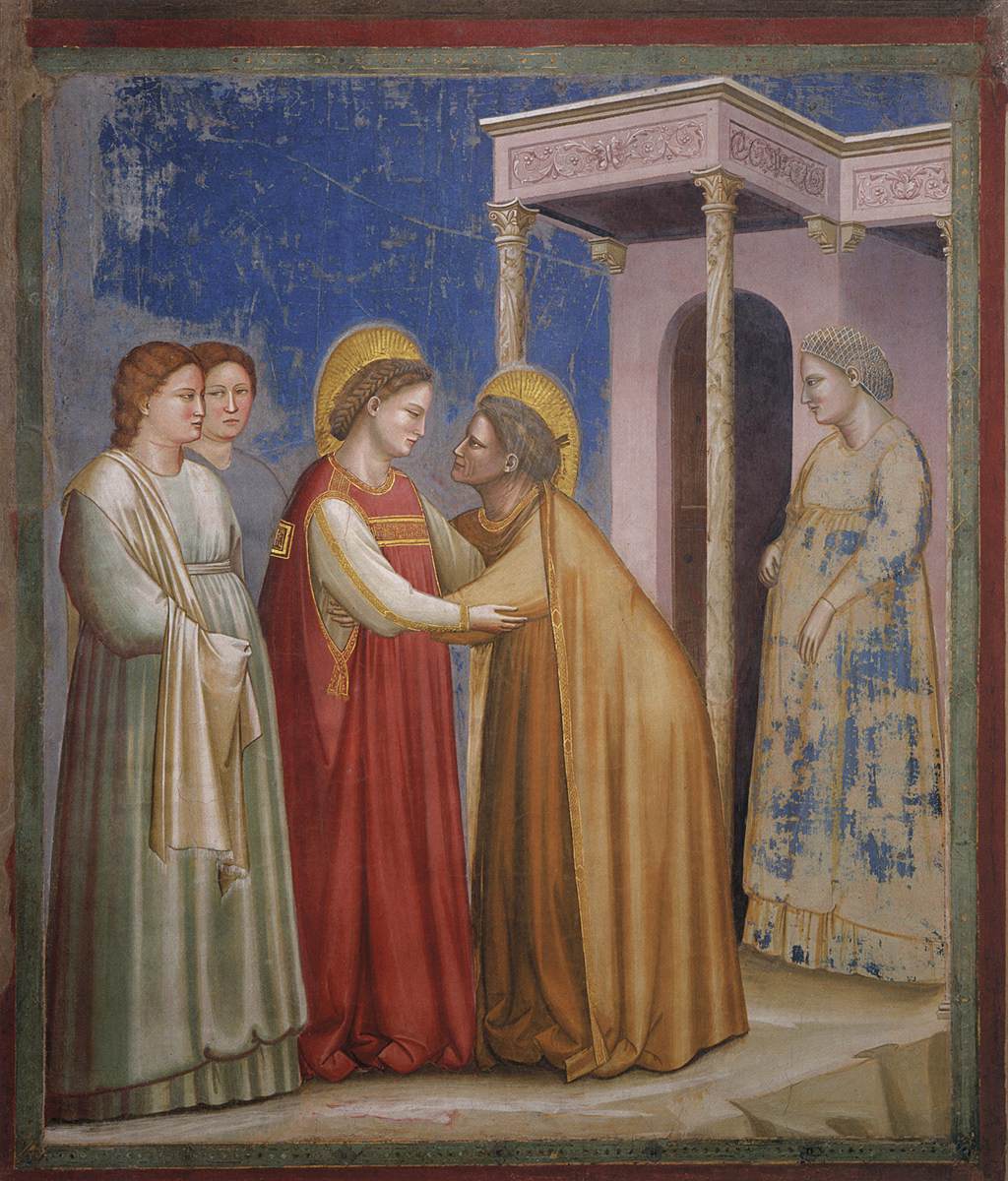I love power as a musician loves his violin. I love it as an artist. —Napoleon, quoted in Hazen, Modern Europe, p. 236
Flaubert, Turgenev, Maxime Du Camp, Alphonse Daudet, Emile Zola
The conviction that held them together was the conviction that art and morality are two perfectly different things, and that the former has no more to do with the latter than it has with astronomy or embryology. The only duty of a novel was to be well written; that merit included every other of which it was capable. —Henry James
It was not, moreover, on account of any esteem which he accorded to my own productions (I used regularly to send them to him) that I found him so agreeable, for to the best of my belief he was unable to read them. —Henry James on Turgenev
We live in a period of controversy without debate. —Barzun (1973) Thread
Barzun, “Educational Disputes”, Encounter, November, 1973, pp. 40–47
Words and tone are the main things to be taught. Spelling, grammar, and punctuation do not precede but follow in order of importance. —Barzun, Teacher in America
History: “the torch of truth, the destroyer of prejudice”. —Napoleon (to his mother?), quoted in Hazen, Modern Europe, p. 210
This picture is about the victory of Christian forgiveness, and of generous love between former rivals. —Madeleine Stebbins, Let’s Look at a Masterpiece: Classic Art to Cherish with a Child, Emmaus Road Publishing, 2018

“You can’t go back.” —cliché

Joy is a dilation and an exaltation of the soul. —Lacordaire, quoted by Madeleine Stebbins
When the two women met, the baby inside Elizabeth jumped for joy! In this miraculous way, the baby greeted Jesus. And Elizabeth suddenly understood that it was the Lord inside Mary, who was now the mother of God. —Madeleine Stebbins on Giotto’s The Visitation, Let’s Look at a Masterpiece, Emmaus Road Publishing, 2018
Words like “baby” and “mother” are everyday words, words and should remain so.

If they do not hear Moses and the prophets, they will not listen when a man rises from the dead. Sc. 67, Luke 16:31
One writes joyfully without expecting that anyone in particular will read.
Believe and belove. leowong.micro.blog/2023/08/0…
The quality of one’s life resides in something immediately felt, not reasoned about—something that does not have to be sought by the indirect path of usefulness. —Barzun, “Present-Day Thoughts on the Quality of Life (1969)"
An attempt to explain the fall of the Jesuits
Can you explain it?"
“Yes, Judith, I think I can,” Edmund replied. “You see, Father McE. and myself have much in common. We are both cradle Catholics who have taken the certainties of our religion for granted. Moreover, he is a Jesuit priest and I am Jesuit-educated. The Jesuit system tried to rationalize these certainties in an attempt to drive them home. This, I think, was fair enough as far as it went, but I rather doubt if it went the whole way. It tended to reduce certainty to its intellectual formulation. In your notes I seem to remember that McEnery equated ‘believe-belove.’ It is true, but I do not think that it is typically Jesuit. The emphasis tended to be that ‘to believe equals to act’. Our actions, consequently, became very closely linked to our certainties.
“That is perhaps why you, as a convert, can have little idea of the impact it made on people like McEnery and myself to have all our certainties questioned – and questioned, if not exactly by the Church, at least in the Church. The moment they were even allowed to be questioned, they ceased to be certain. And this all along the line: it was certainty itself which had become doubtful. There could no longer be certainty between truth and error, between good and bad. And our actions, so closely wedded to our beliefs, lost all sense of direction. There was no longer any purpose in anything; nothing seemed worthwhile.
“I express myself badly, but do you follow me?”
Bryan Houghton, Judith’s Marriage
The worst, and even the mediocre, must be taken for granted as a cultural constant. —Barzun, The House of Intellect, Note to the Reader
Most of us will improve most in Purgatory.
You cannot step into the same river twice. Heraclitus.
In so far as this is true, attending the TLM is not “going back”.
